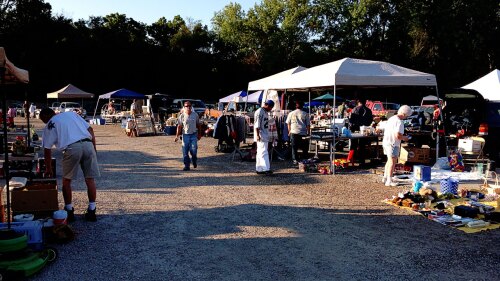Kansas City is no stranger to short-term rentals (STR). In KC, short-term rentals represent an estimated 7-11% of the city’s overall hotel room supply, with 2,000+ listings.
Today, we’re diving into everything you need to know about short-term rentals in the 816. Plus, we chatted with Forest Decker, Neighborhood Services Director from City of KCMO, on the details about recent STR ordinances in KC.
What are short-term rentals?
The City of Kansas City defines a short-term rental as:
“The rental of property, a dwelling unit or a portion thereof for a period of less than 30 consecutive days, unless the rental meets the definition of ‘lodging’ or ‘bed and breakfast.’ Typically these properties are advertised on apps like Airbnb and Vrbo.”
About the ordinances
Let’s set the foundation. In April 2023, Kansas City voters approved a 7.5% tax on short-term rentals and added a $3 license fee for STRs. Read the ballot language.
In May 2023, City Council passed Ordinances No. 230267 and No. 230268. These moved STR registration to the City’s Neighborhood Services Department — staffed for code enforcement, compliance, and community engagement.
The ordinances also creates more guidelines on STRs in neighborhoods. “The argument brought forth by a lot of the neighborhood associations is that in an our zoning, there were no other business allowed in those areas...You can’t put a gas station, a hotel, or a gun store. So why is an overnight rental business accepted?” Forest told us.
Must-know info
- Registration through the Neighborhoods Department takes effect June 15, 2023
- This establishes a $200 flat registration fee, increasing annually based on the Consumer Price Index
- Non-resident STRs are no longer allowed on residential-zoned property. Previously approved non-resident STRs are allowed, but new ones will not be permitted.











